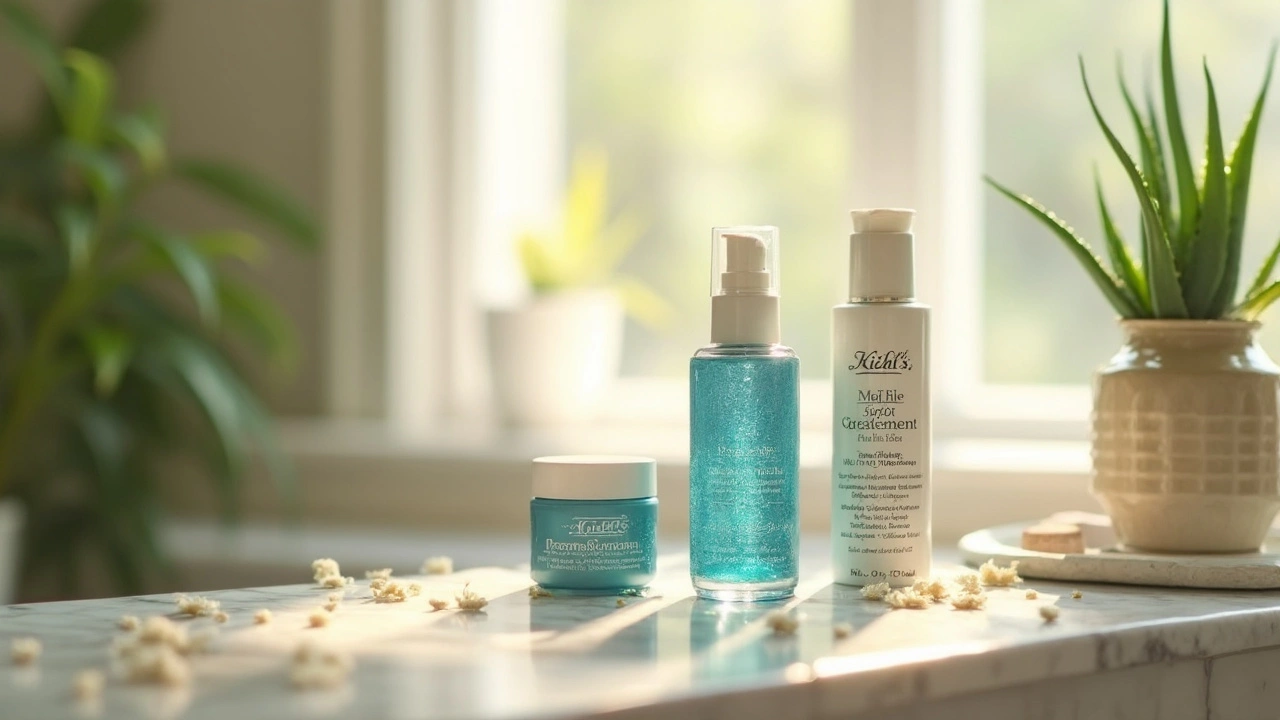Skincare Tips: Simple Daily Habits for Healthy Skin
Want better skin without a dozen products? Small, consistent habits matter more than trends. These tips focus on what actually works: protect, hydrate, and fix trouble gently. Read on for clear, easy steps you can start today.
Daily routine that actually works
Morning: cleanse gently, apply an antioxidant (like vitamin C), then sunscreen. Use a lightweight cleanser—nothing too stripping—if your skin feels tight after washing, switch to a cream or oil-based cleanser. Vitamin C in the AM helps brighten and pairs well with sunscreen. Finish with broad-spectrum SPF 30+ every day, rain or shine. Yes, even if you stay indoors much of the day.
Night: clean off sunscreen and makeup, treat issues (acids or retinol), then moisturize. If you use retinol, start twice a week and build up slowly to avoid irritation. Chemical exfoliants—AHA for texture and brightness, BHA (salicylic acid) for oily, acne-prone skin—work better than rough scrubs. Don’t mix strong acids and retinol on the same night until you know how your skin reacts.
Ingredients and how to use them
Hyaluronic acid adds immediate hydration—apply to damp skin then lock in with a moisturizer. Niacinamide is one of the easiest wins: it calms redness, strengthens the barrier, and pairs nicely with most actives. Look for ceramides and fatty acids in moisturizers to repair the skin barrier. If acne pops up, spot-treat with benzoyl peroxide or salicylic acid (start with lower strengths to avoid dryness).
Be cautious with fragrance and high alcohol content—these often cause irritation. For anti-aging, retinoids are the most proven over-the-counter tool; prescription-strength versions exist, but start low and be patient—results show over months, not days.
How to layer: thinnest to thickest. Serums before creams, sunscreen always last in the morning. Patch-test new products on the inside of your forearm for 48 hours to catch reactions early.
Quick fixes and seasonal care: cold compresses reduce puffiness, lightweight gels help in hot months, and richer creams or facial oils work better in dry winter air. If you travel, bring sunscreen and a gentle cleanser—changes in water and routine often trigger breakouts.
Shopping and safety tips: choose non-comedogenic labels if you pore-clog easily. Check expiration dates and don’t buy products with unclear ingredient lists. If you have persistent acne, sudden texture changes, or strong irritation, see a dermatologist—some issues need a prescription or a targeted treatment plan.
Start with these basics for a low-effort, high-return routine: consistent sunscreen, a good moisturizer, one targeted active for your main concern, and patience. Small steps every day will add up to noticeably healthier skin.

